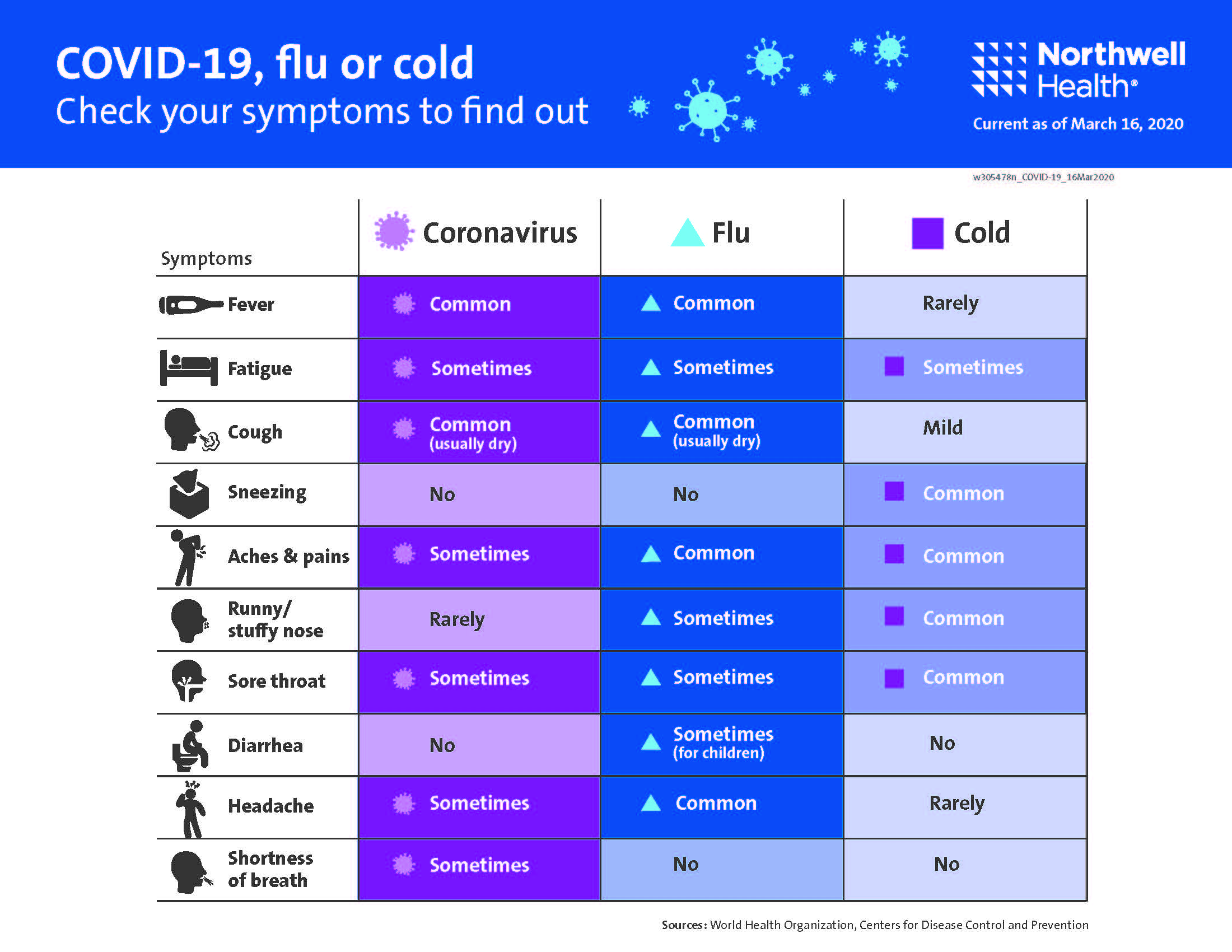Covid Variants

Covid variants symptoms – The COVID-19 virus has undergone numerous mutations since its emergence, leading to the development of several variants. These variants exhibit distinct characteristics, including differences in transmissibility, disease severity, and response to vaccines and treatments.
As the world grapples with the ever-evolving COVID variants, it’s crucial to stay informed about their symptoms. One of the best ways to do this is to stay connected with reliable sources, like james wood baseball. They provide up-to-date information on the latest developments in COVID-19 research and treatments, empowering you to make informed decisions about your health.
By staying vigilant and informed, we can collectively navigate these challenging times and emerge stronger together.
The timeline of the emergence of COVID-19 variants is as follows:
- December 2020: Alpha (B.1.1.7) variant emerged in the United Kingdom.
- January 2021: Beta (B.1.351) variant emerged in South Africa.
- April 2021: Gamma (P.1) variant emerged in Brazil.
- October 2021: Delta (B.1.617.2) variant emerged in India.
- November 2021: Omicron (B.1.1.529) variant emerged in South Africa.
The global distribution of COVID-19 variants varies depending on factors such as population mobility, vaccination rates, and public health measures. As of February 2023, the Omicron variant is the dominant strain circulating worldwide.
Symptoms Associated with COVID-19 Variants

COVID-19 variants have emerged, each with distinct characteristics and potential symptoms. Understanding the symptoms associated with different variants is crucial for early detection, effective treatment, and mitigating their impact on vulnerable populations.
The severity of symptoms can vary across different variants. Some variants may cause mild symptoms similar to the common cold, while others can lead to severe illness requiring hospitalization or even death.
Common Symptoms, Covid variants symptoms
Common symptoms associated with COVID-19 variants include:
- Fever or chills
- Cough
- Shortness of breath or difficulty breathing
- Fatigue
- Muscle or body aches
- Headache
- New loss of taste or smell
- Sore throat
- Congestion or runny nose
- Nausea or vomiting
- Diarrhea
Impact on Vulnerable Populations
Certain variants have been associated with increased transmissibility and severity in vulnerable populations, such as the elderly, those with underlying health conditions, and immunocompromised individuals.
Understanding the symptoms and potential severity of COVID-19 variants is essential for early detection, appropriate medical care, and implementing targeted public health measures to protect vulnerable populations and mitigate the impact of these variants on individuals and communities.
Managing COVID-19 Variants: Covid Variants Symptoms

As the COVID-19 pandemic continues, new variants of the virus emerge, presenting unique challenges in terms of transmission, severity, and response. Managing these variants requires a comprehensive approach that includes effective vaccines, targeted testing and isolation protocols, and robust public health measures.
Effectiveness of Current Vaccines Against Different Variants
The effectiveness of current vaccines against different variants varies. Some vaccines, such as mRNA vaccines, have shown high efficacy against the original strain of the virus and several variants, including the Alpha, Beta, and Gamma variants. However, the efficacy of these vaccines may be reduced against certain variants, such as the Delta and Omicron variants. Studies have shown that booster doses can enhance protection against these variants.
Testing and Isolation Protocols
Testing and isolation protocols play a crucial role in controlling the spread of COVID-19 variants. Individuals who are suspected of having COVID-19 should be tested promptly. Those who test positive should isolate themselves to prevent transmission to others. The duration of isolation may vary depending on the variant and the severity of the infection.
Role of Public Health Measures
Public health measures, such as mask-wearing, social distancing, and hand hygiene, remain essential in controlling the spread of COVID-19 variants. These measures can help reduce transmission and protect vulnerable populations. Additionally, surveillance systems should be strengthened to monitor the emergence and spread of new variants.
The Omicron variant has been making headlines, and with it, a new set of symptoms. These include fatigue, body aches, and a sore throat. While these symptoms are not as severe as those of the Delta variant, they can still be quite unpleasant.
If you’re experiencing any of these symptoms, it’s important to get tested for COVID-19. In the meantime, you can try to relieve your symptoms by getting plenty of rest, drinking lots of fluids, and taking over-the-counter pain relievers. And if you’re looking for a good laugh, check out the world ugliest dog contest.
It’s sure to put a smile on your face, even if you’re feeling under the weather.